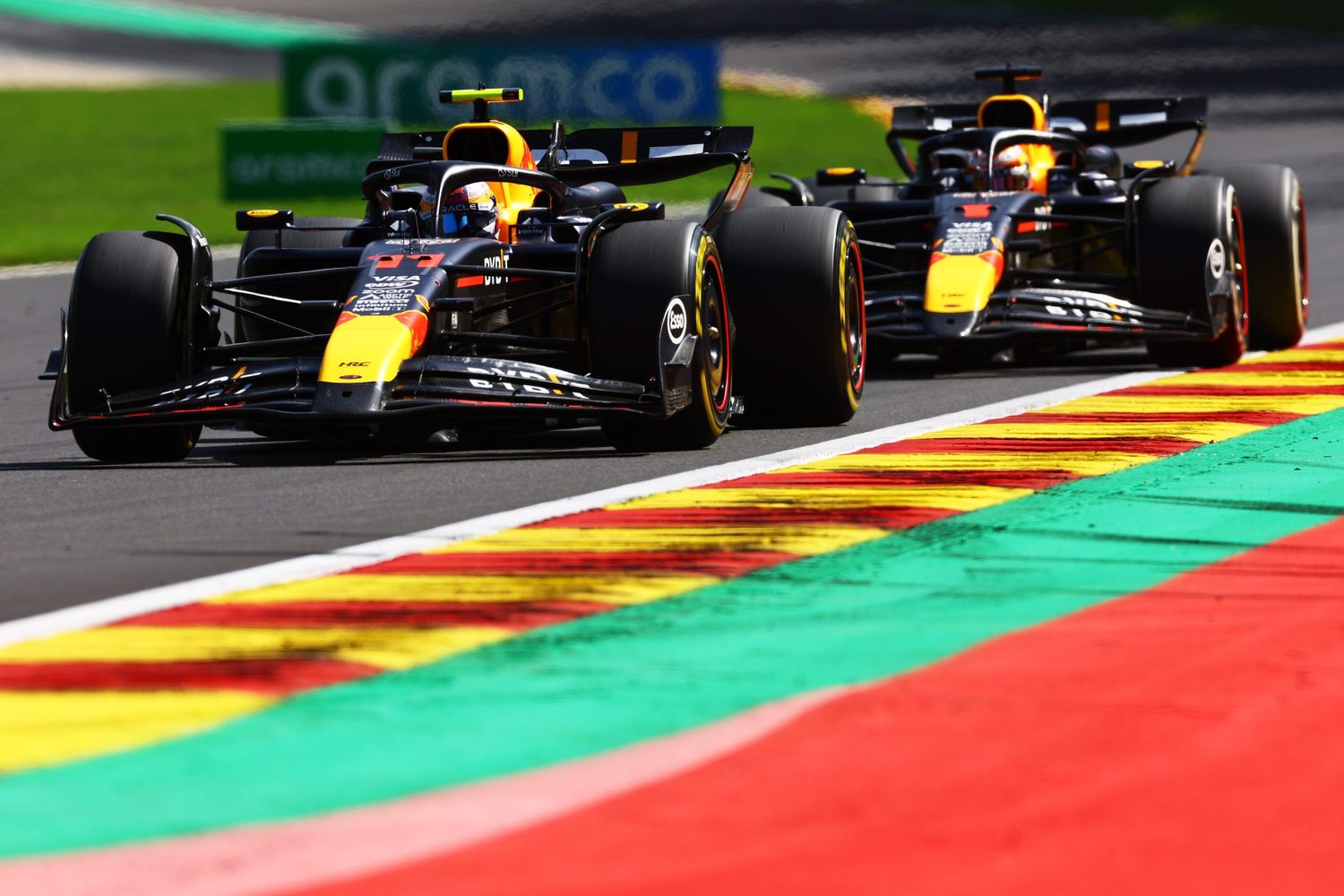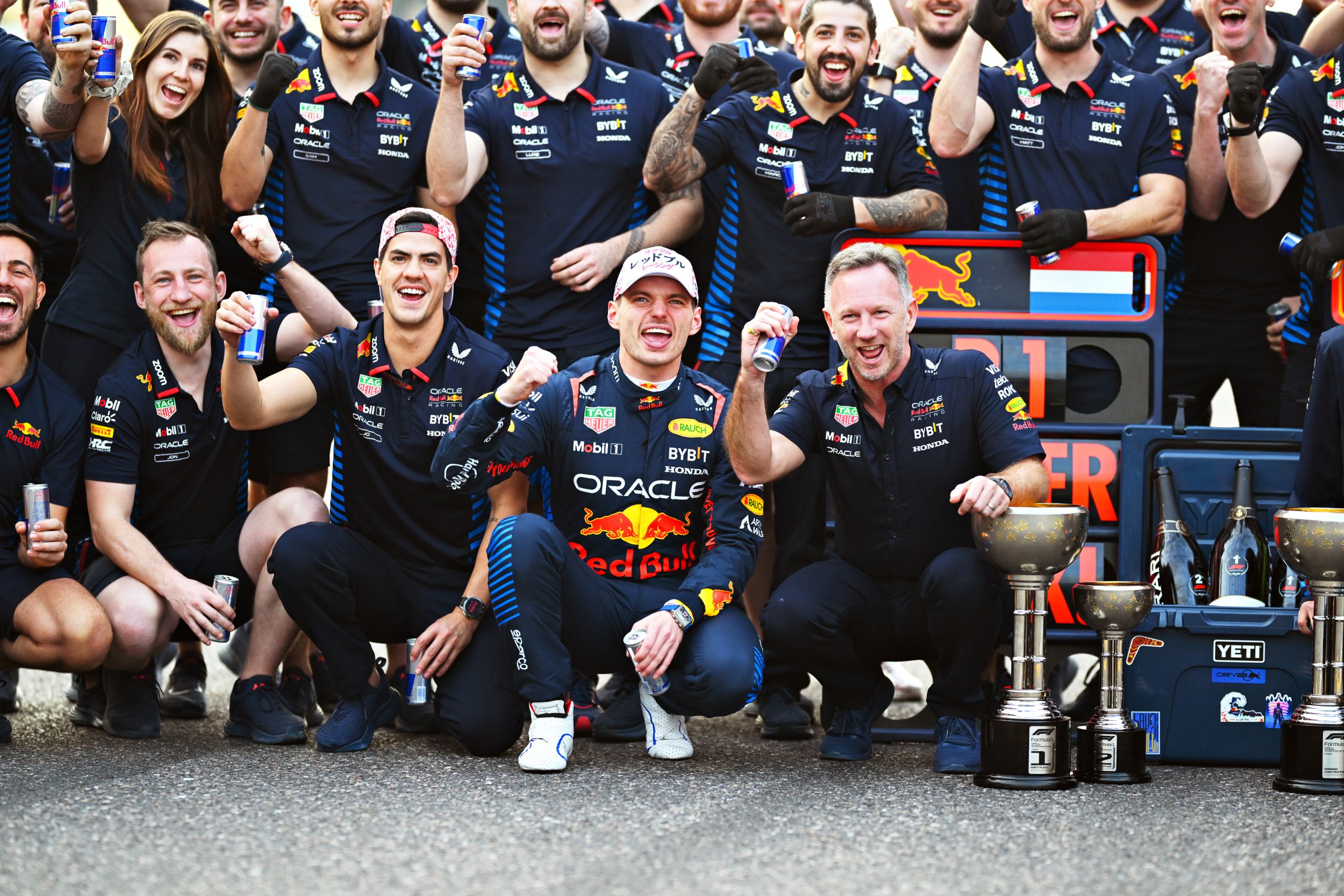
Red Bull Racing has unveiled its financial report for the 2023 season, a year marked by unprecedented sporting success and a complex financial landscape.
Despite dominating the Formula 1 world championship with a record 21 victories and securing their sixth Constructors' title, the team's bottom line experienced a downturn.
Red Bull Racing's 2023 revenue reached £307,472 million ($402 million), up from £278,026 million in 2022, marking a 10.6% rise, a boost attributed to increased sponsorship, promotions, prize money, and contributions toward the race program.
The team's dominant on-track performances significantly boosted its commercial appeal, drawing in new partners and strengthening existing relationships. In 2023 alone, Red Bull secured seven new partnerships, five of which were in the United States—an increasingly vital market for Formula 1, especially with the addition of the Las Vegas Grand Prix.
Long-term partnerships have also been a cornerstone of the team's financial stability, with four key contracts renewed, two of which extend for more than four years. These renewals emphasize the trust and commitment of sponsors who continue to align themselves with Red Bull’s sustained success.
However, despite its impressive revenue growth, Red Bull Racing's after-tax profit for 2023 fell by 37%, dropping from £2.057 million ($2,7 million) in 2022 to £1.296 million.
This rise in costs is largely attributed to performance-based rewards tied to the team's unparalleled achievements on the track.
Interestingly, Red Bull’s report mentions a £7 million retainer paid to its “highest paid director” – namely team principal Christian Horner.
Red Bull Racing’s financial results should be interpreted with caution due to its intricate relationships with affiliated entities like Red Bull Technology and Red Bull Advanced Technologies.
These companies contribute to the team's Formula 1 operations, leading to some costs and revenue being allocated to them rather than directly to Red Bull Racing.

©RedBull
For example, Red Bull Technology, the company responsible for designing, developing, and manufacturing the championship-winning Red Bull Racing F1 cars, reported revenues of £446.2 million ($584 million) in 2023, which generated a profit of 11,027 million ($14,44 million).
This represents an increase of AUD $117.05 million compared to 2022 and resulted in a calendar year profit of AUD $21.33 million.
Nevertheless, Red Bull Racing remained committed to investing in its technological edge, allocating nearly double the amount - €30.31 million – to research and development in 2023 compared to the previous year.
In an era of financial constraints for F1 teams, Red Bull Racing has adhered to the FIA’s budget cap regulations, with management carefully monitoring costs to ensure compliance.
A team’s compliance is crucial to avoiding potential sanctions, which could impact their on-track performance.

While Red Bull Racing continues to enjoy solid revenue growth and expanding commercial partnerships, particularly in the American market, the profit decline points to cost pressures within Formula 1.
The rise of competitors like McLaren, who have overtaken Red Bull in the team standings, along with Ferrari’s consistency, might present financial challenges in the coming seasons.
Red Bull Racing’s 2023 financial report paints a picture of a team thriving on the back of sporting success but also grappling with the financial realities of competing at the pinnacle of motorsport.
As they look ahead, with Formula 1’s regulatory changes on the horizon, the team will need to carefully manage rising costs and external risks while continuing to capitalize on their unrivaled performances on the track.
Keep up to date with all the F1 news via Facebook and Twitter







